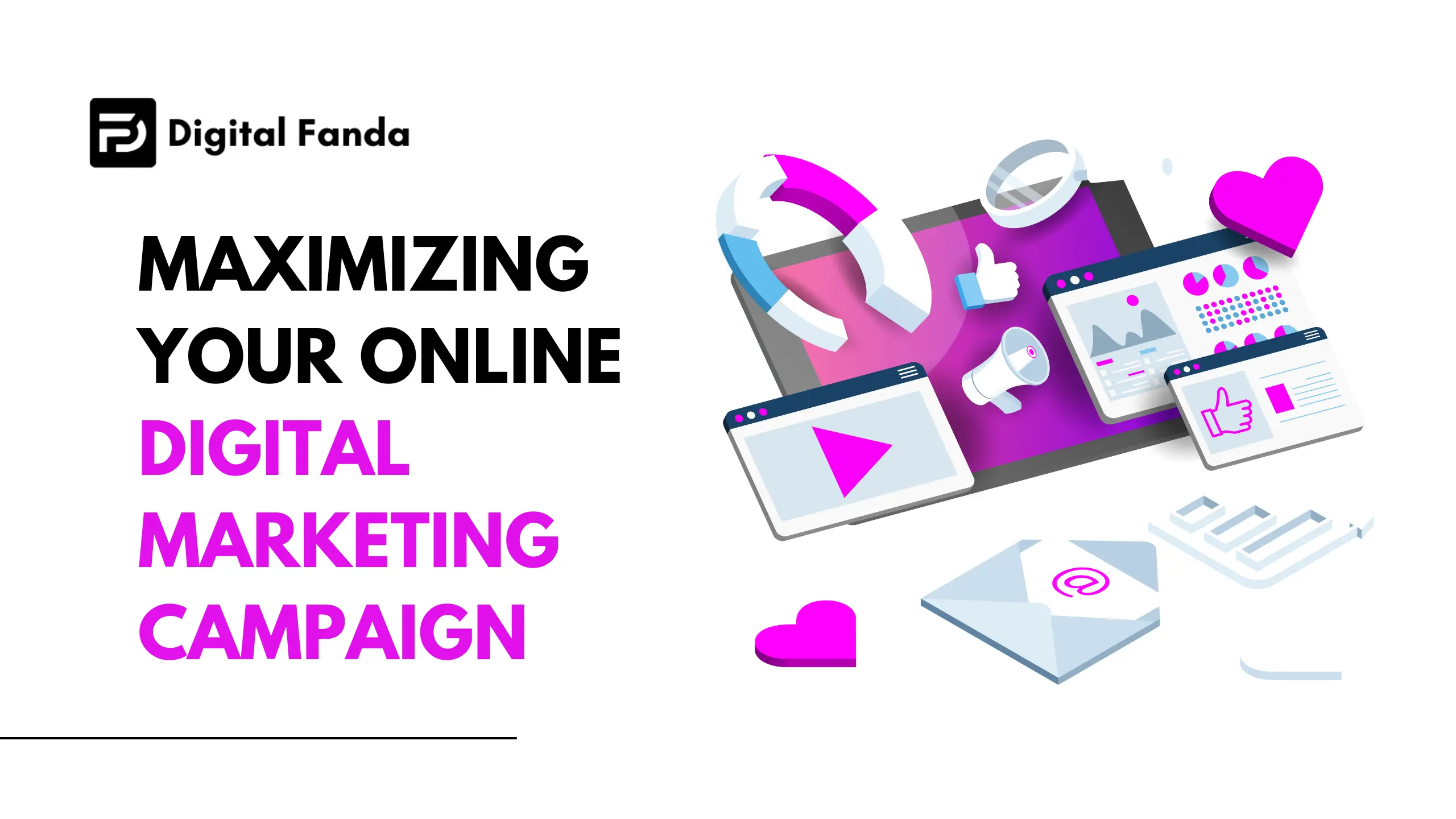
In today’s digital landscape, businesses need a robust online presence to thrive. Digital marketing provides the tools to connect with your target audience, build brand awareness, and ultimately drive sales. This article dives into key strategies for maximizing your digital marketing campaign and propelling your online success.
Table of Contents
1. Know Your Audience
The foundation of any effective marketing campaign is understanding your audience. Deeply research their demographics, interests, online behavior, and pain points. During times like the pandemic, where digital consumption rises, consider how their preferences may shift. Adapt your content and messaging to resonate with their current needs and behaviors.
2. Empower Your Digital Talent
Embrace the ever-evolving digital landscape by fostering a culture of innovation within your company. Identify passionate individuals who are knowledgeable about digital marketing trends and empower them to push boundaries. Encourage experimentation and exploration of new techniques to stay ahead of the curve.
3. Master the Media Mix
The average person spends a significant amount of time on digital platforms – from laptops to smartphones and tablets. To maximize reach, it’s crucial to understand the power of earned, owned, and paid media:
- Owned Media: Your own channels like websites, blogs, and social media pages. Develop high-quality content that resonates with your audience and establishes your brand as a thought leader.
- Paid Media: Paid advertising channels like social media ads, search engine marketing (SEM), and influencer marketing. Target your ideal audience and increase traffic to your website or landing pages.
- Earned Media: Unpaid mentions and accolades from third-party sources like reviews, user-generated content, and awards. Foster positive brand interactions and leverage your earned media for social proof and credibility.
4. Set SMART Goals
Clearly define your digital marketing goals. Ensure they are:
- Specific: Clearly defined and measurable.
- Measurable: Quantifiable through metrics like website traffic, leads generated, or conversion rates.
- Attainable: Challenging yet achievable by your team with the available resources.
- Relevant: Aligned with your overall business objectives.
- Time-bound: Have a defined timeframe for achievement.
Examples of SMART goals for your campaign could be:
- Generate 150 qualified leads within a month.
- Increase social media followers by 30% in the next quarter.
- Boost website conversion rate by 10% in three months.
5. Continuously Analyze and Adapt
Digital marketing is dynamic. Monitor the performance of your campaign on a regular basis using analytics tools. Track key metrics, identify areas for improvement, and adapt your strategies as needed. Embrace A/B testing to optimize your content, messaging, and targeting for maximum impact.
By implementing these strategies, you can navigate the digital marketing landscape and build a successful online presence for your brand. Remember, it’s an ongoing journey – continuously learn, adapt, and evolve to stay ahead of the curve and achieve your digital marketing goals.
Also Read: Benefits Of White Label SEO For Digital Marketing Agencies
- How to Create a Micro-Influencer Marketing Strategy
- Master the Online Hustle: From Zero to Digital Marketing Hero
- 5 Must-Have Services to Skyrocket Your Web Presence
- Why Digital Marketing Might Be Your Perfect Career Pivot
- 5 Digital Marketing Mistakes You Can Stop Right Now
- You can run digital marketing Campaigns without a Website.
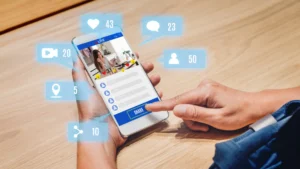

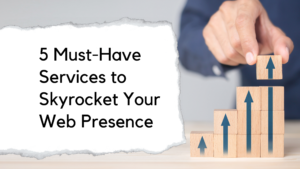
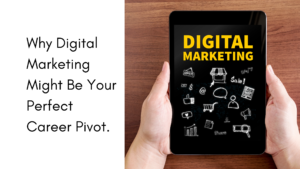
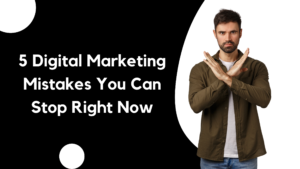
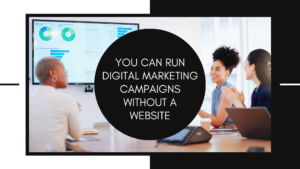
Pingback:DIGITAL MARKETING PLANNING FOR 2024 | Digital Fanda
raelena schwedt
raelena schwedt
jerrolyn crouillere
jerrolyn crouillere
kennet statescu
Very Knowledgeable article
ranis fiscus
ranis fiscus